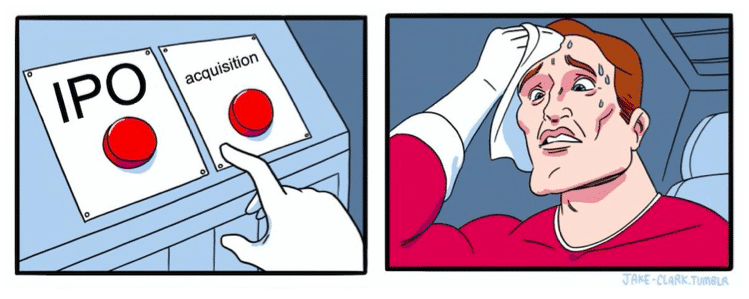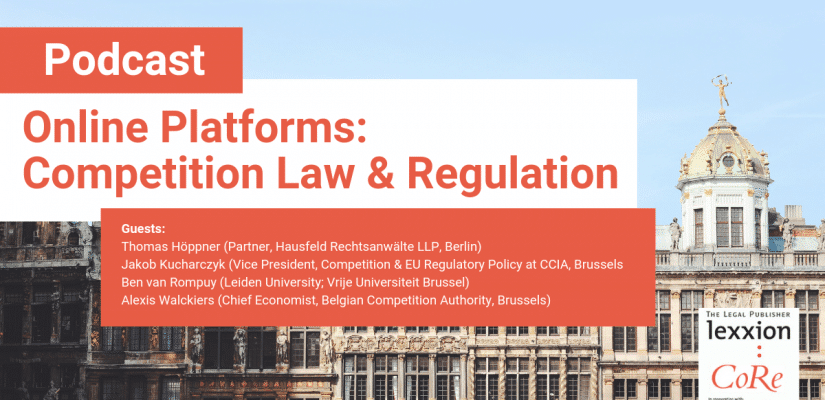Do you want to share your analysis of a competition or regulatory law topic with the readers of the CoRe Blog? We invite you to submit your post on, for example: recent European, national or international judgments or legislation with relevance to EU competition law; new developments, publications, hot topics in EU competition law. The recommended length of the post is 500-2,000 words incl. references (endnotes). Your analysis will be published under the category ‘Feature’.
Here’s how you can publish a post on the CoRe Blog as a guest author:
Step 1: Submit your draft post as a Word file to coreblog[at]lexxion.eu.
Step 2: The CoRe Blog editors will review your draft to make sure its content and quality fit the blog. If needed, they will suggest what improvements you should make.
Step 3: Once your draft has been finalized and accepted, Lexxion will publish the post on the CoRe Blog














